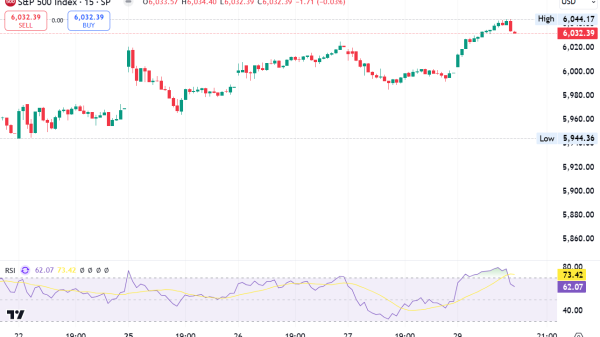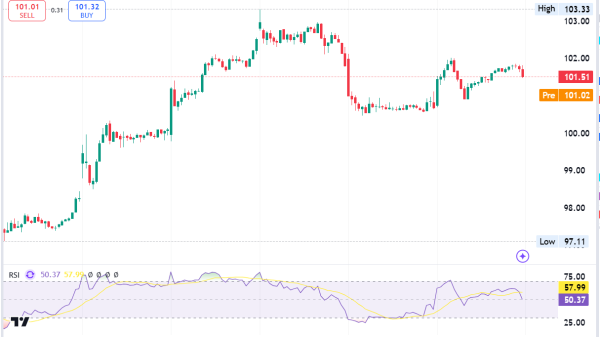The number of instruments available to retail traders is huge, and once you add all the possible ways to trade, as well as all the possible timeframes to trade, it’s easy to see how traders get overwhelmed with options.
Here we look at one piece of the trading plan jigsaw: which timeframe to trade.
As with all the other aspects of an individual’s trading strategy, the timeframe to trade is dependant on what each trader feel comfortable trading, in other words, which timeframe suits their trading personality.
In order to know which timeframe suits your trading personality, it’s worth asking two important questions:
1. How long do you plan to hold your trades? and
2. How comfortable are you with volatility?
Traders are generally divided into position traders, swing traders and scalpers, but there are of course overlaps between these categories, and traders can be one, two or all three!
Are you a patient trader?
At one end of the timeframe spectrum are position traders. These traders tend to hold on trades for longer periods of time, maybe weeks or months, homing in on longer-term trends. Position traders are often drawn to fundamental analysis and economic information.
Position traders would normally study the daily and weekly timeframes, and these timeframes suit traders who might find it hard to look at their charts throughout the day, for example if they have other employment, or are generally busy ,doing other things. Trading these timeframes allows traders to look at the charts at the open, or close of the day, and manage the trades at these times, for example moving stops, take profit targets, adding to (scaling in) or scaling out of trades.
Are you able to check charts through the day?
The next type of trader along the timeframe spectrum is the swing trader. A swing trader opens and closes trades with a few days, sometimes within a day, and so the ability to check charts regularly throughout the day is important, to adjust ,stop and take profit levels, and to possibly scale in and out of trades. Also, shorter-term volatility caused by economic news and announcements may affect swing trades.
Like a position trader, a swing trader might be looking at longer-term trends, but will zoom in to shorter timeframes to take advantage of smaller movements. So, they will normally be studying the 1 hour and 4 hour timeframes.
Are you able to stay calm during fast price action?
Many traders find it difficult to stay calm when price jumps around or moves fast. But, if you thrive in these types of environments and don’t get stressed, then scalping may be for you. Scalping is generally considered to be trading that takes place over minutes or hours, rather than days or weeks.
Scalp traders typically trade off the 1 minute, 5 minute or 15 minute charts, and time their screen time for periods of high volatility, such as during economic announcements and session overlaps. Scalpers need to remain super-focussed because ,lapses of concentration can mean significant losses even during periods of relatively small price movements.
When traders start out they may find themselves drawn to a particular timeframe, only to discover that they are better suited to another. They may find they are easily bored waiting for a trade to pan out on the daily timeframe, or that they don’t like holding trades overnight or over the weekend. Conversely, they may find the stress of scalping too great, and find themselves spending too much of their day in front of the charts and burning out.
Which ever timeframe you end up trading, the advice is always the same: Start small, or start on a demo account, and work at perfecting a trading strategy that suits your trading personality. Try various timeframes you will find that the one that matches your lifestyle and temperament the best will be the one that is most profitable.
























